Landscape
365 acres of urban wilderness

The Schuylkill Center stands on the Indigenous territory known as Lenapehoking, the traditional homelands of the Lenape, who were stewards of this landscape for thousands of years. The 365 acres we care for now are located on agricultural land that was farmed until the mid-1960’s. The Center began as 11 acres gifted by the Center’s founders, Lawrence M. C. Smith, Mrs. Lawrence M. C. Smith, Mrs. Robert R. Meigs, and Henry H. H. Meigs. In 1965 the Center operated out of River House, a historic summer home. In 1967 the Visitors Center was constructed which houses laboratories, classrooms, an interactive children’s exhibit (Discovery Center), a gift shop, an auditorium, staff offices, and our Nature Preschool.
Under the direction of Richard James, our founding Executive Director, the Center grew to encompass 365 acres of land – the largest privately-owned open space within the city of Philadelphia – featuring a variety of habitats including woodlands, meadows, ponds, and wetlands. Four miles of hiking trails, diverse events, school programs for preschool-graduate level students, adult learning programs, and teacher workshops attract a multitude of visitors to the Center. The Center’s grounds hold a pavilion, environmental art installations, a native plant nursery, and various ecological restoration sites. Located on the eastern side of the property is the Center’s wildlife clinic, which treats injured, orphaned, and sick wildlife.



